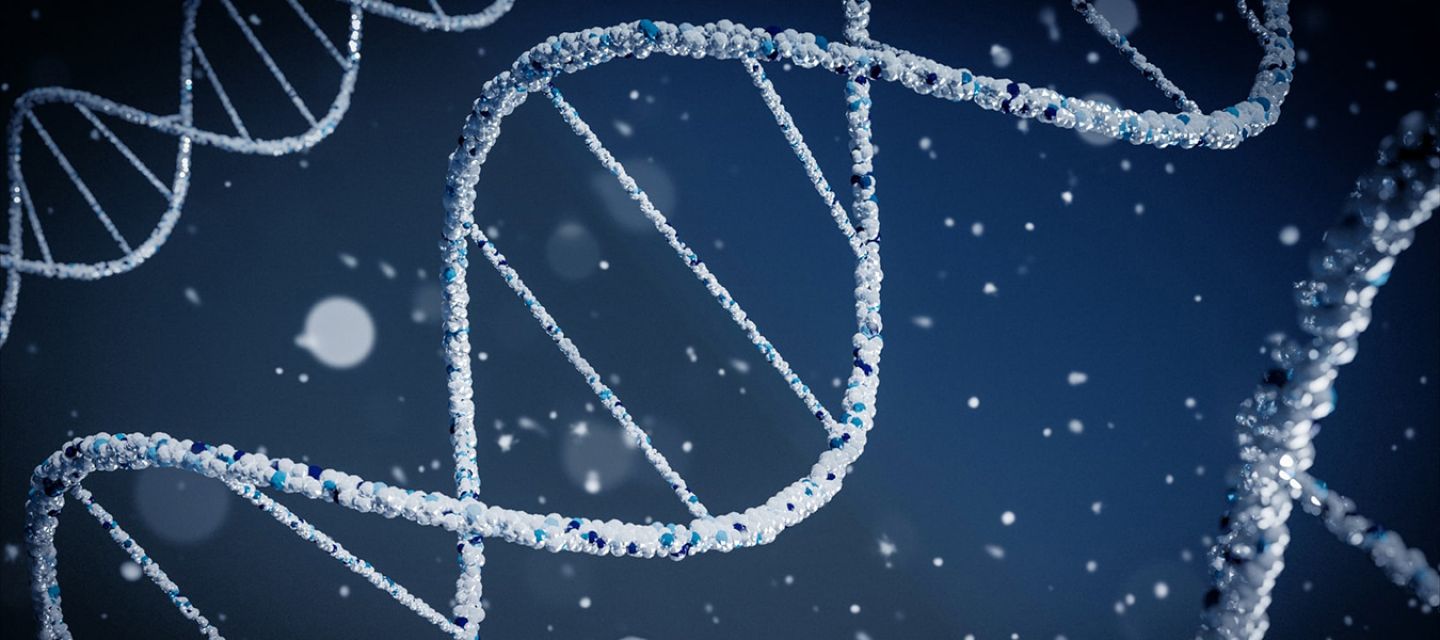What if some of the leading organizations in technology, research and medicine worked together to share data and advance lifesaving science?
That vision is starting to take shape, with three pilot awards announced this fall by the Cascadia Data Alliance, launched in 2019 to create a Pacific Northwest data-sharing ecosystem comprising some of the region’s powerhouse institutions, working together across disciplines to accelerate innovation and save lives from cancer and infectious diseases.
The three Cascadia Collaboration Awards to cross-institutional teams at the Alliance’s member organizations—Fred Hutchinson Cancer Research Center, the University of Washington eScience Institute, BC Cancer, the University of British Columbia Data Science Institute and the Knight Cancer Institute at Oregon Health and Science University—represent more than $1.2 million in funding and credits for Microsoft’s Azure cloud computing service.
These projects are made possible thanks to support from Microsoft and institutional support from each participating organization. Microsoft is a partner in the Cascadia Data Alliance, aligned with the company’s strategic efforts to improve the health of people around the world by empowering nonprofits, researchers and organizations with artificial intelligence through the AI for Health program.
Cloud-based genome analysis for monitoring breast cancer
Researchers: Gavin Ha (Fred Hutch); Andrew Roth (BC Cancer and UBC); Samuel Aparicio (BC Cancer and UBC) and Julie Gralow (University of Washington and Fred Hutch).
How the gut microbiome affects cancer immunotherapy drugs
Researchers: David Fredricks (Fred Hutch); Kerry Savage (BC Cancer and UBC) and Morgan Hakki (Oregon Health and Science University).
Using machine learning to help diagnose specific cancer types
Researchers: Holly Harris (Fred Hutch); David Huntsman (BC Cancer and UBC); Terry Morgan (Oregon Health and Science University) and Ivan Beschastnikh (UBC).
For more information, read the complete news article, originally published by the Fred Hutchinson Cancer Research Center.
